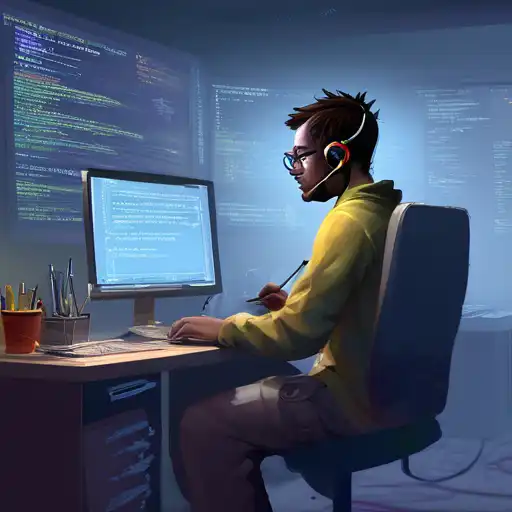Introduction to Debugging for New Programmers
Debugging is an essential skill for any programmer, especially for those just starting out. It involves identifying and resolving errors or bugs in your code that prevent it from running correctly. This article will provide you with essential debugging tips to help you become more efficient and confident in your coding journey.
Understand the Error Messages
One of the first steps in debugging is to read and understand the error messages your compiler or interpreter provides. These messages often contain valuable information about what went wrong and where in your code the error occurred. Taking the time to familiarize yourself with common error messages can save you a lot of time in the long run.
Use a Debugger Tool
Most integrated development environments (IDEs) come with built-in debugger tools. These tools allow you to step through your code line by line, inspect variables, and see the flow of execution. Learning how to use these tools can significantly improve your debugging efficiency.
Break Down the Problem
When faced with a bug, try to isolate the problem by breaking down your code into smaller sections. This can help you pinpoint exactly where the error is occurring. Commenting out sections of code or using print statements to track variable values can also be helpful strategies.
Check for Common Mistakes
Many bugs are the result of common mistakes such as typos, off-by-one errors, or incorrect logic. Always double-check your code for these types of errors before moving on to more complex debugging techniques.
Seek Help When Needed
Don't be afraid to ask for help when you're stuck. Online forums, coding communities, and even your peers can be valuable resources when you're struggling to find a solution to your debugging problem.
Practice Makes Perfect
Like any skill, debugging improves with practice. The more you code and encounter bugs, the better you'll become at identifying and fixing them. Remember, every programmer, no matter how experienced, deals with bugs regularly.
Conclusion
Debugging is a critical skill for new programmers to develop. By understanding error messages, using debugger tools, breaking down problems, checking for common mistakes, seeking help when needed, and practicing regularly, you can become more proficient at debugging and more confident in your coding abilities. For more tips on improving your programming skills, check out our programming tips section.
